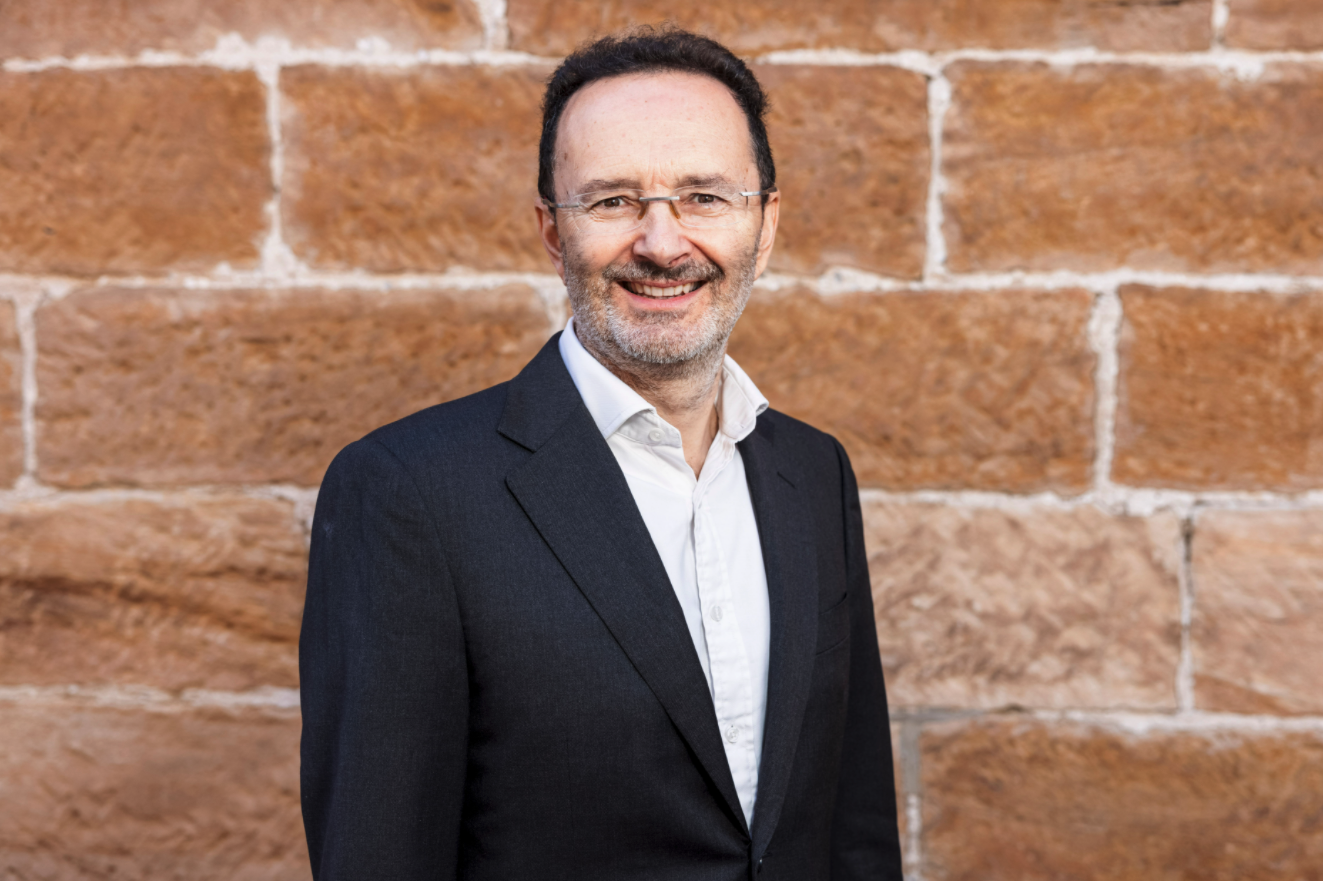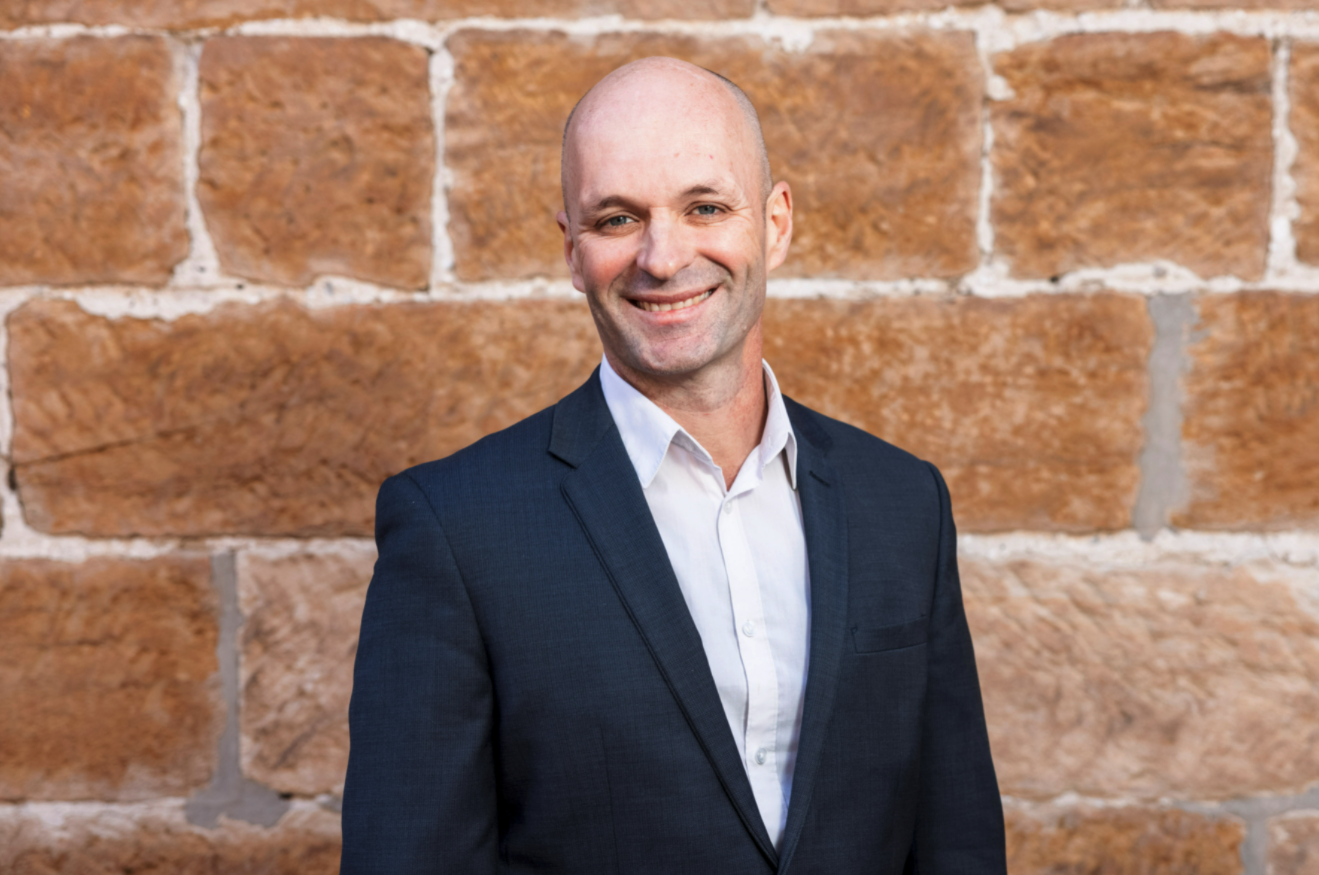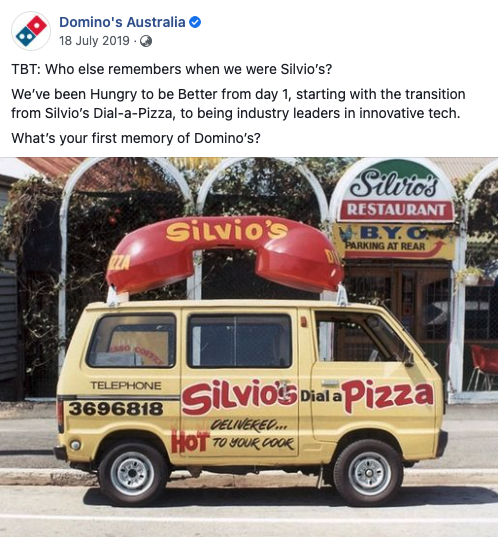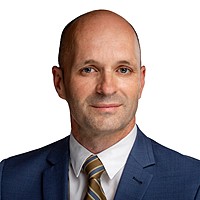Getting long term value from small-cap stocks: Eiger Capital

Livewire Markets
The Eiger is a 4,000-metre high mountain in the Swiss Alps, with a sheer cliff face that sits above the picturesque town of Interlaken, Switzerland. When I asked two of the three founders of Eiger Capital what their namesake means, they said it was an homage to their past.
"We had worked together at the Swiss firm UBS for eight years before UBS closed their business down and we set Eiger up … even though our time at UBS ended it's nice to have that link to your heritage as a team," said co-founder Stephen Wood (below).

Eiger Capital was founded by Stephen Wood, Victor Gomes and David Haddad in 2019, under the Eiger Australian Small Companies fund has returned 21.96% p.a., and in the past year (to 30 April) achieved a 52.75% return.

By the numbers...
- 2019: the Eiger Small Companies Fund was established
- 10 years: the team have been working together on the fund strategy for a decade, including their time at UBS. They have a combined experience of 70 years in investing.
-
21.96%: return since inception
- 52.75%: 1-year return (to 30 April)
- 30-40 stocks: is the typical holding for the fund
I recently sat down with Wood and Gomes (below) to get into the minds of these high-performing, highly-rated fund managers. How do they find the next small-caps gem and what do they do once they've found it?

Small-caps isn't a 9 to 5 job
You can tell from their performance but also their sense of fun, the team works well together. The team have been running the same strategy at Eiger that they honed back in 2011 when the trio worked together at UBS.
"This isn't a nine-to-five job," said Gomes. "You're always thinking about things. You're always observing. You're always learning. Small-caps is not 100 large companies that don't change very much. It is always changing."
Small-caps is an "always-on" job because you never know what is just around the corner in markets.
Eiger Capital has a work hard, play hard approach. If you step into the Eiger Capital office, the first thing you notice is a fiendishly bright display of movie posters covering the walls in rows, neat and orderly, like a kitsch art gallery.
There are two movies depicting the formidable Eiger Mountain, including the Eiger Sanction (1975) with Clint Eastwood, and a few tongue-in-cheek commentaries on the market, like the film Wall Street (1987) or The Big Short (2015). And, a little outside the box, the Wizard of Oz (1939) and A Civil Action (1998) with John Travolta. These choices are interesting. Not only because it's rare for a fund manager, but because the choices themselves speak volumes about the people who work there.
These guys have markets on their minds 24/7. I'm not sure the last time they watched a movie without drawing parallels to markets.
"It's a fraud," they both said about the Wizard of Oz.
"You know, there's a curtain there and there's a little guy pretending to be a big guy and you get to 'buy' the big guy. And then they draw the curtains - like that - and it's a little guy," said Gomes, miming throwing back the curtains.
"You see these characters in financial markets ... should we say, the IPO market?" he said.
Eiger Capital isn't after the quick sugar hit of an IPO. They want long-term, strong, compounding growth.
The best companies are built from nothing
Investing in small-caps and watching them grow from strength to strength is analogous to rooting for the underdog in your favourite movie. The question is how you find the heroes in the story and not the weird guy behind the curtain?
"If you find those vehicles, those people, that management team, that idea and that culture, it can really deliver amazing results over a medium to long-term (by) compounding and just sticking it out," said Gomes.
Take Domino's (ASX: DMP), for example. This is a company that Wood and the team believe was an unlikely hero, but which has now conquered the market.
When Domino's tried to launch in Australia in 1980s, like many American companies, it struggled to gain a foothold in a market of competing local favourites. It was rescued by Silvio's Dial-a-Pizza and a pizza delivery driver with a passion, Don Meij.
Silvio's, which had pioneered pizza delivery in Brisbane, acquired Domino's in 1987, by which time Meij had moved from driver to general manager, and is now the group CEO of a company with a near $10 billion market cap.

Source: Domino's Australia/ Facebook.
"The best companies, the very best companies, like TechOne, Domino's, Reece, ARB, these businesses were built by people from nothing. And they don't often do anything particularly, amazingly special," said Wood.
"But there's long-term value creation," said Gomes.
These companies aren't easy to find either.
"You don't discover the management teams are this good immediately. It takes a few years of starting with an investment ... and half a decade down the track you go: do you know what? This group of people are really special. They're selling bull bars, but boy, they do it well," said Wood.
What can go wrong? Tipping out your favourite children
Identifying a winning company is only half the equation. Sometimes, you have to know when to let go.
In markets, there have been many downturns over the years, but in recent times, none have been quite as steep as 23 March 2020 when the COVID crash hit. Fortunately, the team at Eiger had ridden the highs to the lows and back again during the GFC.
"So as a team that's seen this once before what you are able to do - and it's a little bit of a gulp - because you are actually going to tip out some of your favourite children," said Wood.
But in letting go of some stocks, Eiger was able to make the most of the COVID-beneficiaries, like Adairs or Marley Spoon.
"That's probably the only time you want to be really active and doing a lot of changes, said Gomes.
"You then pick up an awful lot of alpha because of course what happens after the month of panic things start to settle down?" said Wood.
For companies like Marley Spoon, Wood describes it as money walking in the door for a few months before reverting back to a sense of normalcy.
"But then where are we now? Over the last three or four months, we just rotated right back to essentially right back to where we were," he said.
It's years of research that goes into a burst of activity like this. Sometimes the hardest part, according to Gomes, isn't "tipping out the children", it's watching them grow.
"When we find these fabulous businesses, we're just making sure that we're right on our thesis and just continue to understand them, follow them through the work. And that's where you're doing "nothing". It looks like you're doing nothing because the position hasn't changed," said Gomes.
So, you want to invest in small-caps? Here's some sage advice...
Lesson one: don't take tips from the pub.
"The hardest thing is the temptation to always be doing something," said Gomes. "You feel like if you're not doing something, you're missing out," he said.
"I'm not saying not doing something internally. You need to be on top of it all the time. This is a full-time job. You cannot invest in small caps by picking up a tip at the pub because things change so quickly. You need to be really on top of everything," he said.
In a recent quarterly update, Eiger wrote about how TINA (there is no alternative) and FOMO (fear of missing out) are driving markets. Wood said it's a balance between market multiples getting too high and there being no alternative for yield and growth in the usual places.
"The paradox of low-interest rates is that it's actually not stimulatory, it's contractionary because savers are being discouraged from spending. They don't have the yield to spend," said Gomes.
Lesson Two: The efficient market hypothesis is dead.
"No one ever told the professors at Chicago university about high-frequency trading and about index funds," said Wood.
When asked about the greatest myth in markets, both agreed that the efficient market hypothesis doesn't apply in a world of high-frequency trading, greater retail investor participation and Robinhood (the US-trading platform, not the character).
But over the short-term, this is an opportunity to exploit opportunities.
Conclusion
The final question for Eiger was, "who would you most like to have dinner with?"
Gomes, almost without pause, said he would most like to have dinner with his dad, who passed away when he was quite young. It was quite touching and he delivered the answer the only way Gomes knows how: directly and honestly.
"So, I'd just like to have dinner with him just to understand him as a person ... you know how people want to know their history if you're adopted? It's the same sort of thing," he said.
Wood on the other hand said he's currently reading Winston Churchill's book series The Second World War and is halfway through "The Gathering Storm" - the first book in the series. After a spin through the office's movie catalogue, I was expecting a more jovial "Eiger-style" answer.
"Someone like Winston Churchill," said Wood.
After a pause, he added, "Do you remember that in Billions?" (The TV show about a fictional, ferocious investor).
"Chuck had a personally autographed Winston Churchill book, which he has to sell, and then Bobby Axelrod cornered the market and bought every single one," he said.


Australia's 100 top-rated funds
Livewire's Top-Rated Fund Series gives subscribers exclusive access to data and insights that will help them make more informed decisions.
Click here to view the dedicated website, which includes:
- The full list of Australia’s 100 top-rated funds.
- Detailed fund profile pages, with data powered by Morningstar.
- Exclusive interviews with expert researchers from Lonsec, Morningstar and Zenith.
- Videos and articles featuring 16 top-rated fund managers.
1 topic
5 stocks mentioned
1 fund mentioned
3 contributors mentioned

Mia Kwok is a former content editor at Livewire Markets. Mia has extensive experience in media and communications for business, financial services and policy. Mia has written for and edited several business and finance publications, such as...
Expertise

Mia Kwok is a former content editor at Livewire Markets. Mia has extensive experience in media and communications for business, financial services and policy. Mia has written for and edited several business and finance publications, such as...
